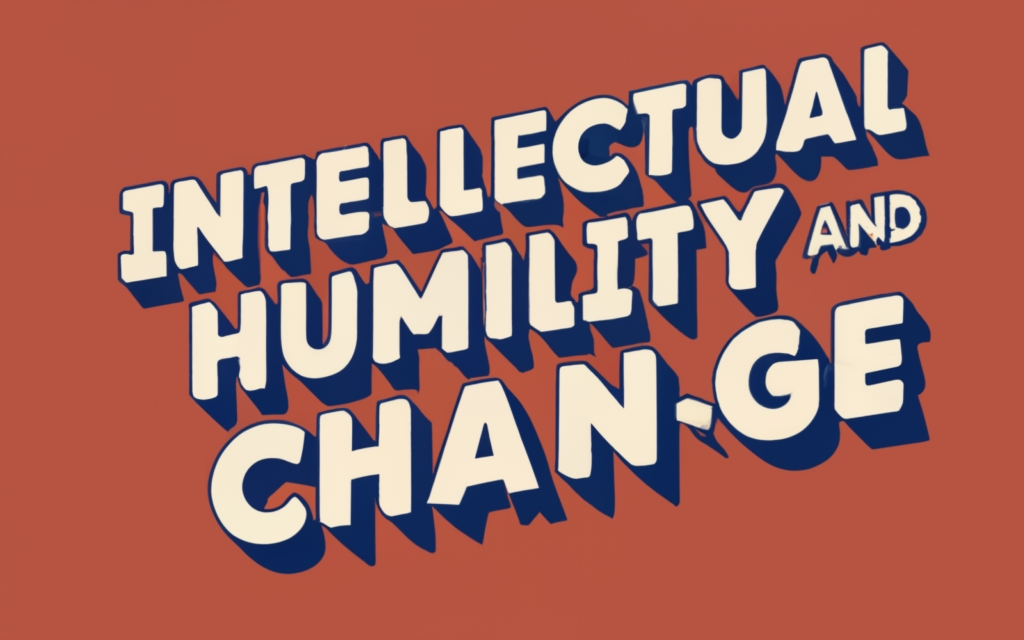Intellectual Humility promotes open-mindedness and adaptability. In fast-changing environments, leaders and team members cannot afford to become rigid in their thinking or wedded to the status quo.

Intellectual humility helps people remain flexible, willing to question their own assumptions and consider alternative perspectives. This mental agility enables organizations to continuously adapt as new technologies, competitors and market forces emerge.
It enables collaboration and creativity. It involves acknowledging that no one person has a monopoly on the truth. Leaders with this trait actively listen to and show interest in the ideas and concerns of others. They foster an inclusive environment where people feel safe to express dissenting views, allowing diverse insights to enhance decision-making and spur innovation.
Intellectual Humility also minimizes confirmation bias. When facing uncertainty and complexity, people often cling to familiar ways of thinking and dismiss evidence that contradicts their beliefs. It requires evaluating information objectively, even if it challenges your preconceived notions. This helps prevent blind spots.
Intellectual Humility turns mistakes into learning opportunities. In dynamic markets, some initiatives will inevitably fail. Intellectual humility allows openly assessing what went wrong without becoming defensive, using failures as springboards for growth and better solutions.
Finally, it builds organizational trust and resilience. When leaders model intellectual humility, they appear more authentic and human. People are inspired by leaders who remain humble, admit uncertainty, and appreciate employees' contributions. This builds a sense of shared purpose crucial for weathering change.
As you can see, intellectual humility strengthens the adaptive capacity, innovation, and relationships an organization needs to navigate uncertainty. It prevents stagnation by continually challenging the status quo and fostering a flexible and resilient culture. That's why this trait is so vital for enterprises facing exponential change.
